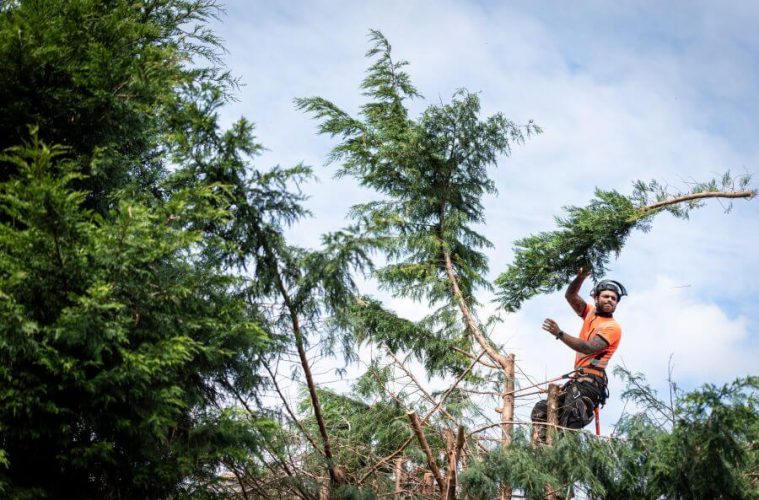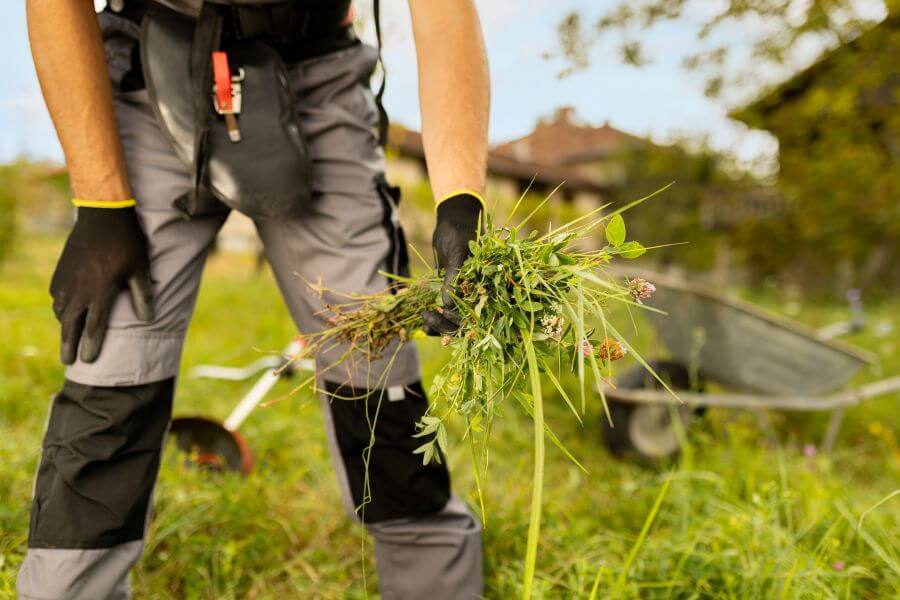Swapping the office for the outdoors is something many desk-workers dream of – fresh air, minimal admin, and the chance to stretch their legs more frequently are all appealing prospects. But just how do you go about it? In this article, we’ll explore transitioning to an outdoor career successfully: how to decide whether it’s right for you, and what preparation to do to make the switch.
Ensure a career switch is right for you
After a bad day at work, many of us think about throwing in the towel and trying something completely different. But how do you know that a big change is truly what you need?
If you’re thinking about an outdoor career because you don’t get on with your current manager or colleagues, a restructure has changed your current role or the dynamic within your team, or you hate your commute, it may just be a case of changing employers. The industry and role may not be the problem, which makes it a simpler change to make.
However, if you feel passionately about a career outdoors, have lost interest in your current career as a whole, and have long felt the urge to ditch the desk and pursue something more active, potentially making a difference at the same time, a career change is likely the route to explore.
There’s no getting around it; this part of the process requires plenty of introspection!
Get clear on your transferable skills
The key to a successful career switch is utilising the skills you already have; these are your transferable skills. For example, you may already use organisation, good leadership skills, and excellent communication in your current desk-based role – this could make you a great candidate for outdoor team leader jobs.
Take some time to sit down, reacquaint yourself with your CV, and note down the skills you use to carry out your everyday tasks in your current role, and any previous ones. You can use your skills over work experience to get a foot in the door in a new outdoor career.
Explore what jobs are out there
It may be the case that you’ve known what outdoor career you’d like to move into all along, or you may still be discover what’s possible. Either way, research is your friend; it may take a bit of scrolling through the internet to find a role that supports your wants and needs, but the time spent will be so worth it when you find something that appeals.
This is a chance to get an idea of what salary you’d be looking at, too; a lack of experience may mean that switching careers equals a pay cut. If this will have consequences for you and any dependents, this needs to be thoroughly thought through before a major move is made.
Investigate the available training
There’s a good chance that training may be available for the outdoor career you want to get into; from apprenticeships and evening classes to long distance learning, these are foundations you can build at an early stage, to make your outdoor career prospects brighter.
Talk to people already working in outdoor roles
If you can, it’s well worth chatting to those already working in the outdoor industry. Not only will you get an idea of the kind of skills and commitment you need, but you’ll also make connections that could lead to future job opportunities. LinkedIn is a good way to find people who already in your chosen career.
Gain experience – voluntarily if necessary
For outdoor careers, evidence of voluntary work is especially useful. For example, if you want to move into countryside conservation, volunteering with an organisation such as The Wildlife Trusts will be really valuable on your CV, as well as giving you experience that you just couldn’t get elsewhere.
Trust (and enjoy) the process
Moving from a desk-based role to an outdoor career is daunting, but it’s also exciting; plus, it’s extremely rewarding. Whilst it may feel somewhat insurmountable now, it’s all possible, so trust the process, and enjoy the journey.



